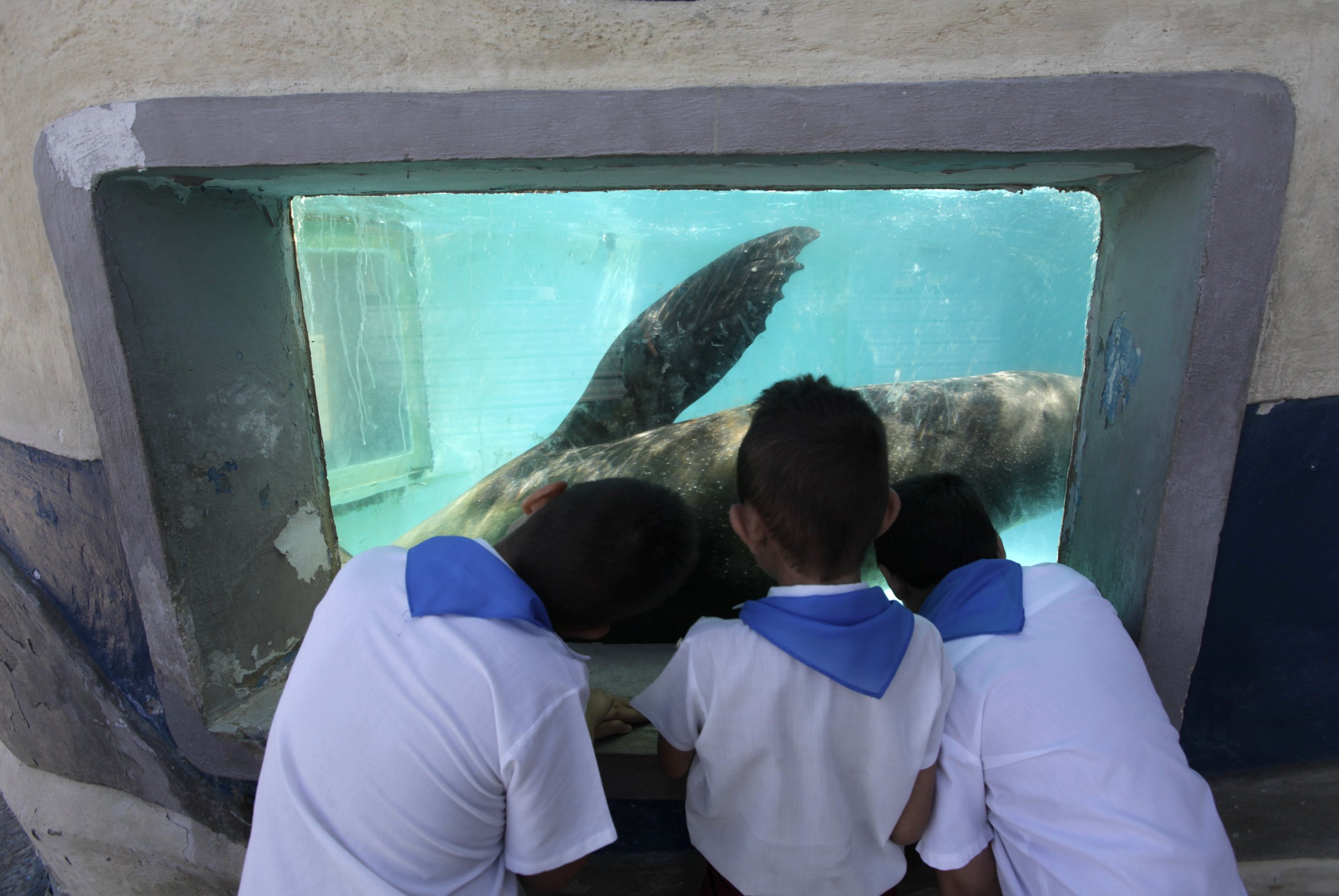
Autism is a complex neurodevelopmental disorder, usually characterized by impediments in language and social development. Although genetics have long been thought to influence autism, researchers have struggled to concretely link individual genes with the condition, as many children who develop it have parents who did not.
However, two landmark studies published this week in Nature announced that researchers working together in over 50 laboratories across the globe have discovered dozens of sets of genes (and genetic mutations) that are closely connected to—and may even be able to form the bases of new treatments for—the development of autism.
The new research claims that 60 of the approximately 100 recently identified genes are within a "high-confidence" threshold—meaning that mutations in those genes are 90 percent likely to be tied to autism risk. Previously, only nine genes had been linked to autism with high confidence, according to a 2013 study published in Cell.
"That we now have a bounty of dozens of genes, and a clear path forward to find perhaps hundreds more, provides an incredible foundation for understanding the biology of autism and finding new treatments," said Dr. Matthew W. State, a psychiatry professor at the University of California, San Francisco who worked on both studies, in a press release.
Each study examined different genetic mutations in an attempt to uncover where autism originates. One study examined genetic mutations that researchers discovered arose "spontaneously" in children, meaning that they weren't present in either parent's genetic makeup. Meanwhile, the second study focused on analyzing how rare genetic mutations related to incidence of autism.
For the first study, researchers sourced data from the Simons Simplex Collection (SSC), which houses an extensive database of DNA samples donated by over 3,000 families who had one child with autism, along with their unaffected siblings and a parent or parents who bore no indication of the disorder. The researchers compared genes within families to determine which were mutated and which ones weren't.
The mutations they discovered in the autistic children were dubbed de novo, after the Latin term for "afresh." This study found that at least 30 percent of all autism spectrum disorder diagnoses were caused by de novo mutations, said Ivan Iossifov, the first author of the SSC paper and an Assistant Professor at Cold Spring Harbor Laboratory.
In the second study, researchers from the Autism Sequencing Consortium (ASC), a worldwide genomic study initiative, found 24 new genes associated with autism, increasing the total number from nine to 33. The genes they examined are associated with critical brain functions, which affect how nerve networks are formed and alter synapses, conduits for brain cell communication.
The initiative analyzed over 14,000 DNA samples from affected children, their parents and unrelated people, comprising the largest sample of autism-related DNA yet. The results identified a number of slight (and rare) genetic differences that accounted for a significant jump in a person's risk for developing autism. Besides the 24 newly identified genes definitely identified with autism, the research team also located over 70 other genes that they say are "likely" autism-related.
Researchers working on both studies attribute part of their success to the fact that they were able to read the "letters" in DNA code at much higher speed than predecessors, thanks to advances in next-generation sequencing. They said that the newfound development of global initiatives, the ASC included, are also allowing research teams divided by oceans to work more closely on pioneering autism-related research, although scientists are encouraging more people to participate in forthcoming studies.
The next step, the researchers say, will be to deconstruct the individual genetic mutations in order to create more effective treatment for autism patients. Evan Eichler, a Simons Foundation Autism Research Initiative (SFARI) investigator and leader of one of the laboratories that conducted a study, says that tracing genetic mutations may also lead to earlier interventions that could help children affected by autism through behavioral therapies.
There's more good news: Since only one of two copies of a gene needs to be mutated in order to develop autism, usually there is an unaffected copy left. Eichler's SFARI colleague Michael Wigler, of Cold Spring Harbor Laboratory, notes that scientists might be able to pharmacologically manipulate those good copies and even restore cognitive function in the future.
Correction at 1:09 p.m.: This article previously stated that Dr. Ivan Iossifov was an Assistant Professor at Columbia University. This article has been amended to reflet that Dr. Ivan Iossifov is an Assistant Professor at Cold Spring Harbor Laboratory
Uncommon Knowledge
Newsweek is committed to challenging conventional wisdom and finding connections in the search for common ground.
Newsweek is committed to challenging conventional wisdom and finding connections in the search for common ground.
About the writer
Paula Mejia is a reporter and culture writer. Her work has appeared in The Guardian, Rolling Stone, The A.V. Club, Pitchfork, ... Read more
To read how Newsweek uses AI as a newsroom tool, Click here.








